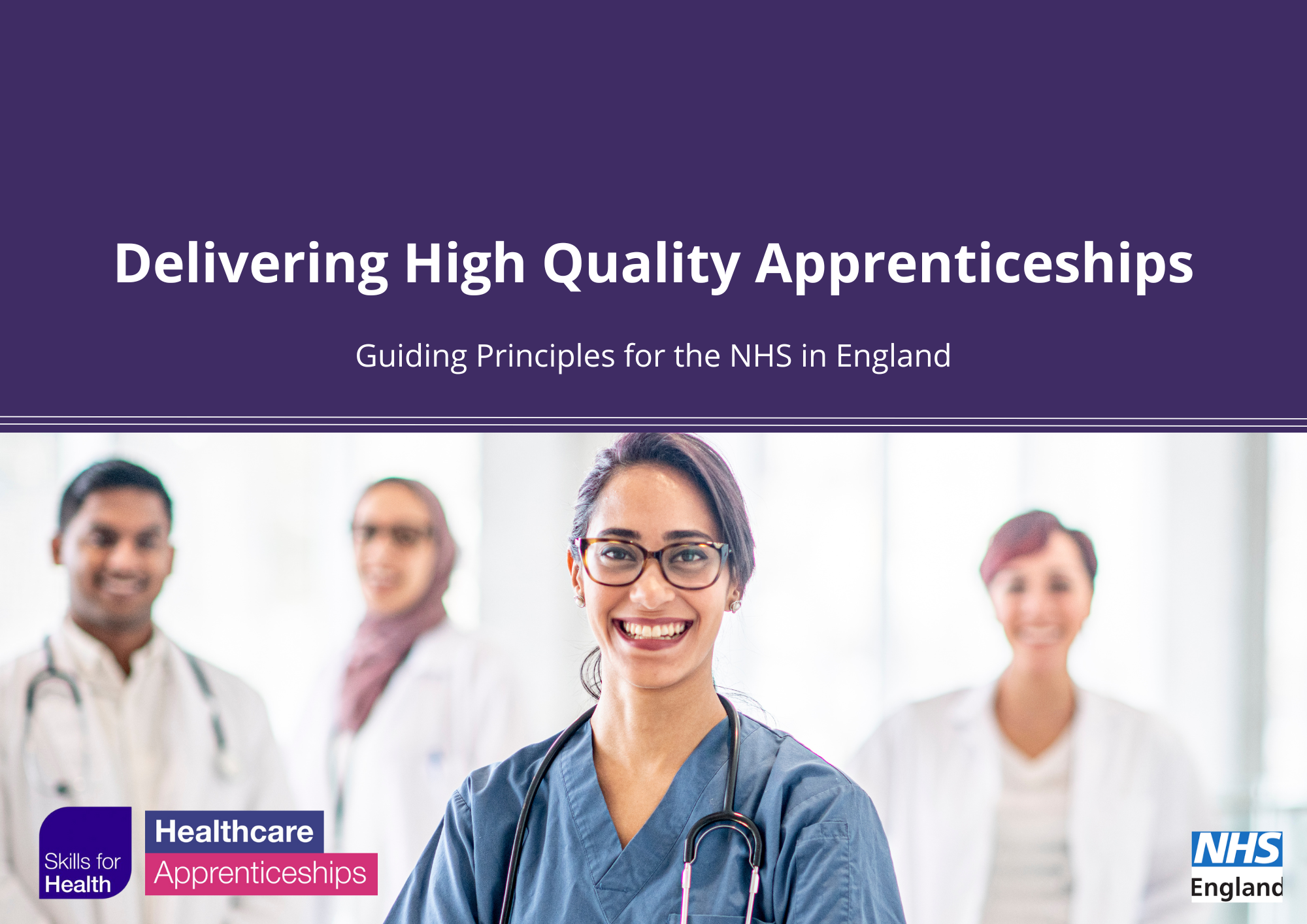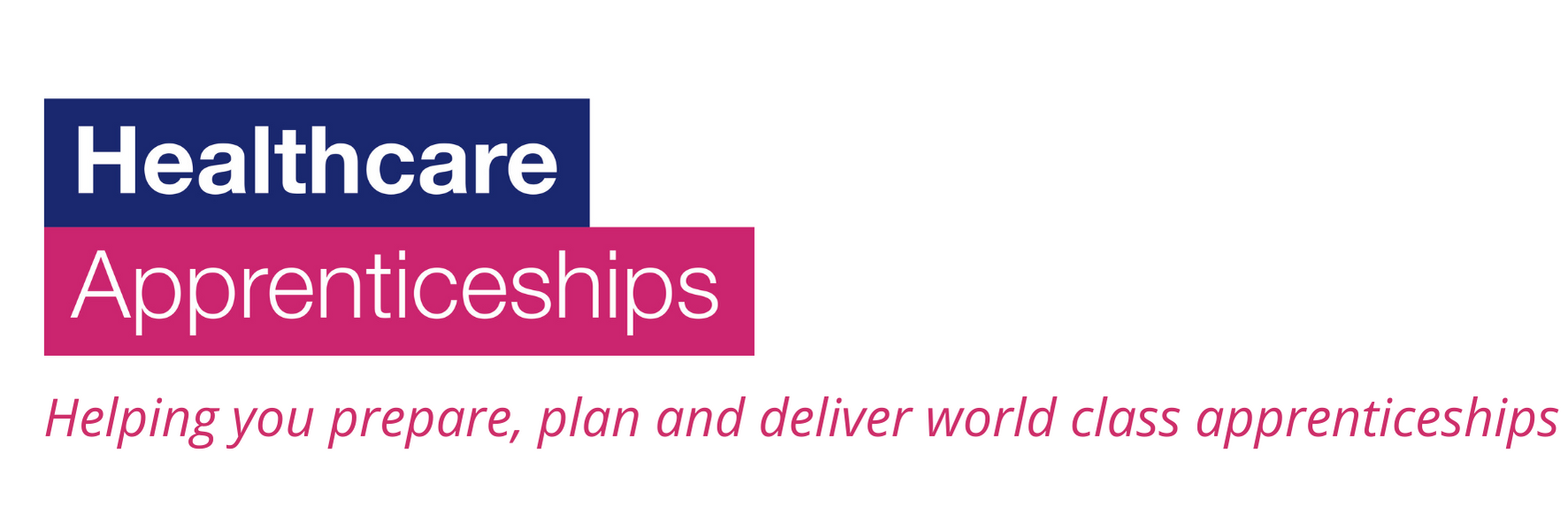 It has been another interesting year for health sector apprenticeships and a busy year at Skills for Health and NHS England supporting employers in delivering quality apprenticeships.
It has been another interesting year for health sector apprenticeships and a busy year at Skills for Health and NHS England supporting employers in delivering quality apprenticeships.
As the year draws to a close, it’s a great opportunity to look back over what has been achieved in 2023.
Through the year, we have been reviewing our content to ensure that employers have all the guidance they need to implement apprenticeships at their organisation.
We have seen the launch of the:
- Care Experienced Recruitment Section which highlights resources for employers to help identify best practice when recruiting and supporting care experienced young people through an apprenticeship.
- Disability at Work section to enable employers to ensure their apprenticeships are accessible.
- Apprenticeships and Sustainability section which highlights the great work that Greener NHS undertakes, as well as links to IfATE’s (Institute for Apprenticeships and Technical Education) Sustainability Framework and more.
Lots of case studies have been published throughout the year full of fantastic real-life stories. We put the spotlight on apprenticeships in Primary Care, publishing a series of case studies. Read about:
- Laura Dickinson a Level 5 Nursing Associate (NMC 2018) Apprentice at Roman Road Health Centre
- Joanne Dodd a Level 6 Registered Nurse Degree (NMC 2018) Apprentice at Haltwhistle Medical Group.
You can also check out Louise Faircloth’s case study who spoke about care experienced young people and her own experiences.
Take a look at Sarah Angus who is a Level 6 Registered Nurse Degree (NMC 2018) Apprentice with the learning disability team at Southampton General Hospital.
 In June we launched the updated Quality Principles for NHS Apprenticeships. High quality apprenticeships are a great way to ensure that new recruits get the best start to their career in the NHS as well as develop the skills and careers of your existing workforce. This document sets out 21 guiding principles along with a range of insightful case studies that show the principles in action.
In June we launched the updated Quality Principles for NHS Apprenticeships. High quality apprenticeships are a great way to ensure that new recruits get the best start to their career in the NHS as well as develop the skills and careers of your existing workforce. This document sets out 21 guiding principles along with a range of insightful case studies that show the principles in action.
Through the year we have been working on improvements to HASO, to ensure that it is accessible to everyone. In November we introduced a web page version of apprenticeship standard and assessment plan documents, in addition to the PDF version. We also updated our FAQ series with voiceovers. Watch out for more accessibility improvements in the coming year.
Apprenticeship Standards
In July 2022 the Health and Care Professions Council (HCPC) published new standards of proficiency for the occupations they regulate. The apprenticeship standards for the following occupations were reviewed and updated to ensure they remain fully aligned to the HCPC standards.
- Level 7 Arts Therapist (Degree)
- Level 6 Diagnostic Radiographer (Degree)
- Level 6 Dietitian (Degree)
- Level 5 Hearing Aid Dispenser
- Level 6 Occupational Therapist (Degree)
- Level 6 Operating Department Practitioner (Degree)
- Level 6 Paramedic (Degree)
- Level 6 Physiotherapist (Degree)
- Level 6 Podiatrist (Degree)
- Level 6 Prosthetist and Orthotist (Degree)
- Level 6 Speech and Language Therapist (Degree)
- Level 6 Therapeutic Radiographer (Degree)
A new Level 6 Biomedical Scientist (Degree) was also approved as a separate apprenticeship standard.
The following apprenticeship standards were revised and are now approved for delivery:
- Level 7 Specialist Community Public Health Nurse (NMC 2022)
- Level 7 Community Nurse Specialist Practitioner (NMC 2022) (formerly District Nurse)
- Level 4 Healthcare Science Associate
- Level 4 Mammography Associate
- Level 2 Healthcare Science Assistant
- Level 3 Senior Healthcare Support Worker – Diagnostic Imaging option
And finally, looking forward into the new year, we are excited to let you know that we will be launching a Long Term Workforce Plan Hub. The aim of the Hub is to provide guidance tailored to help employers implement apprenticeships as part of the LTWP. In the meantime, our At A Glance printable shows how HASO can help you.


